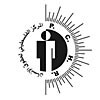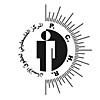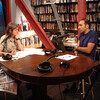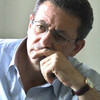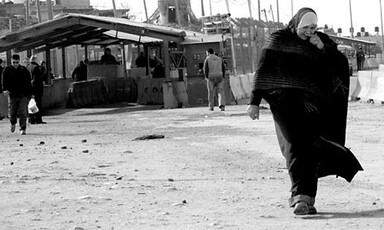
"Democracy" under Occupation
Nablus, Palestine 11 January 2005
Perhaps you saw images of flag-waving youth in Ramallah. Or maybe you heard the optimistic words of George W Bush and other world leaders about new opportunities for peace. Yet from where I was sitting in the West Bank city of Nablus, one thing was clear: voting for a president in a state that does not actually exist will not change much in the lives of the people here. It is clear how much the Palestinians want peace and good government, but after hearing the glowing, yet often patronising, cliches about ‘Arab democracy’ that have been bandied about in the media recently, the fact remains that Palestine can never experience true democracy while it remains under occupation. Read more about "Democracy" under Occupation

